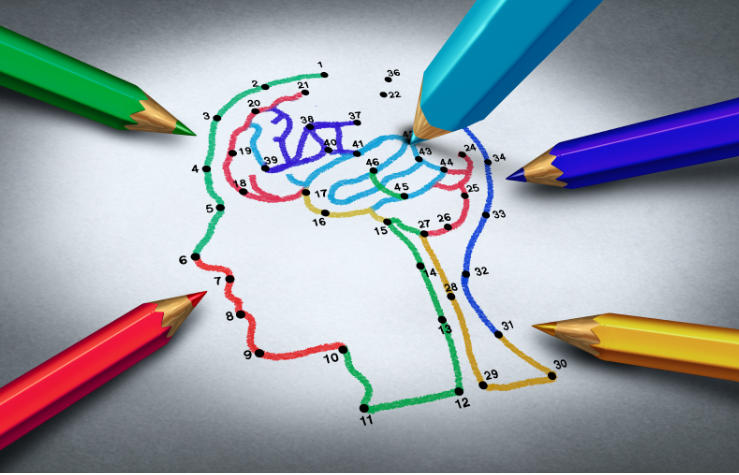The Unique Role of Autistic Psychologists in Autism Psychology

Autism psychology in the UK is gaining new perspectives thanks to the increasing recognition of autistic psychologists. These professionals bring a personal understanding of autism spectrum disorder (ASD) that enhances their ability to support and connect with autistic individuals. This article explores how autistic psychologists are making a significant impact in the UK, offering insights grounded in their own experiences.
Autism and Neurodiversity Movement in the UK
The neurodiversity movement, which promotes the acceptance and appreciation of neurological differences, has seen considerable support in the UK. This shift in thinking influences various areas, including education, employment, and healthcare. In psychology, it emphasizes the importance of understanding and respecting the diverse experiences of autistic individuals.
Autistic psychologists in the UK are pivotal in this movement led by Dr. Addie Sutherland. Their personal experiences with autism allow them to offer unique insights and empathy in their practice, aligning with the country’s commitment to inclusivity and acceptance.
Autistic psychologists have a better understanding of the sensory sensitivities, social dynamics, and cognitive patterns associated with autism. This personal insight helps them build strong connections with their clients. In the UK, where around 1% of the population is autistic, the need for such specialized and empathetic support is high.
These psychologists can relate to their clients’ experiences on a personal level, which helps in creating a therapeutic environment where autistic individuals feel truly understood and supported.
Effective Communication in Autism
Communication differences are a central aspect of autism. Autistic psychologists, having navigated these differences themselves, are adept at recognizing and interpreting the unique ways autistic individuals communicate. This includes understanding body language, facial expressions, and other non-verbal cues that might be missed by non-autistic psychologists.
In the UK, with its focus on patient-centered care, the ability to adapt communication and interventions to meet individual needs is crucial. Autistic psychologists offer a more tailored and effective service, ensuring clients feel understood.
Cultural Relevance of Autism
Autism can be seen as a cultural identity, with its own norms and values. Autistic psychologists in the UK understand this culture intimately, bringing a level of cultural relevance to their practice. They grasp the social dynamics and challenges their clients face and can offer interventions that resonate on a cultural level.
In a diverse society like the UK, where cultural competence is essential, autistic psychologists ensure their services are not only clinically effective but also culturally meaningful.
Innovative Therapeutic Strategies
Personal experience inspires autistic psychologists to develop creative and flexible therapeutic approaches. In the UK, where evidence-based practice is highly valued, these innovations can enhance traditional methods. Autistic psychologists might incorporate special interests into therapy, use sensory-friendly materials, and design sessions that accommodate sensory sensitivities.
These strategies make therapy more engaging and accessible, promoting better outcomes and improving quality of life for autistic individuals.
Challenges and Potential of Autism Psychology
Despite their significant contributions, autistic psychologists face challenges. The UK needs to ensure greater inclusion within the field of psychology, providing the necessary support and accommodations for autistic professionals. This involves addressing biases and barriers in education, training, and professional practice.
The potential, however, is immense. By embracing the unique perspectives of autistic psychologists, the UK can lead in providing innovative, empathetic, and effective psychological support for autistic individuals.
Conclusion
Autistic psychologists in the UK are uniquely equipped to transform autism psychology. Their personal experiences, communication skills, cultural insights, and innovative approaches contribute significantly to the understanding and support of autistic individuals. As the UK continues to champion neurodiversity and inclusivity, the role of autistic psychologists will be crucial in shaping a more empathetic and effective approach to autism care.





